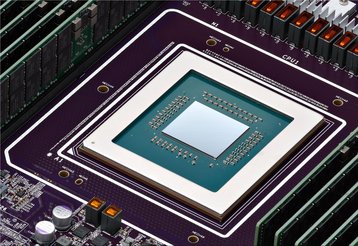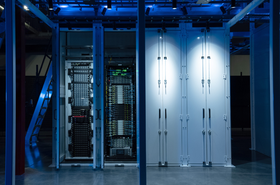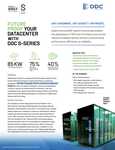Google Cloud's custom CPU-based C4A virtual machines (VMs) are now generally available.
The VMs are the first series based on Google's Arm-based Axion CPUs, which were announced in April 2024.
Axion is based on Arm’s Neoverse V2 designs and is built on the standard Armv9 architecture and instruction set.
According to Google, the VMs offer a 10 percent better price performance than the latest generation Arm-based instances available from other cloud providers.
The instances are designed for general purpose workloads such as web and app servers, containerized microservices, open-source databases, in-memory caches, data analytics engines, media processing, and AI inference applications.
Compared to current generation x86-based instances, the C4A VMs can power demanding workloads with up to 65 percent better price performance and 60 percent better energy efficiency.
The instances are available in standard, high memory, and high CPU configurations and come with high-bandwidth networking of up to 50 Gbps standard bandwidth and up to 100 Gbps with Tier_1 networking to support high-traffic applications.
C4A VMs are now available via on-demand, Spot VMs, reservations, Committed Use Discounts (CUDs) in one- and three-year terms, and FlexCUDs from the us-central1 (Iowa), us-east4 (Virginia), us-east1 (SC), eu-west1 (Belgium), eu-west4 (Netherlands), eu-west3 (Frankfurt), and asia-southeast1 (Singapore) regions, with additional regions expected to come soon.
Early adopters include Daily Motion, Paramount Streaming, and Spotify among others.
Jignesh Dhruv, VP of video engineering at Paramount Streaming said: "Paramount+ is committed to delivering the highest quality viewing experiences across all our platforms. Google Cloud's Axion and C4A VMs provide the performance and efficiency we need to leverage the latest advancements in video encoding technology. With C4A VMs, we're able to utilize the higher efficiency of the new Arm processors to achieve 33 percent faster encode times, compared to older VMs."
Spotify's principal engineer Dave Zolotusky added that their tests on Axion saw "roughly 250 percent better performance than we’ve seen on our workloads on Google Cloud to date."







